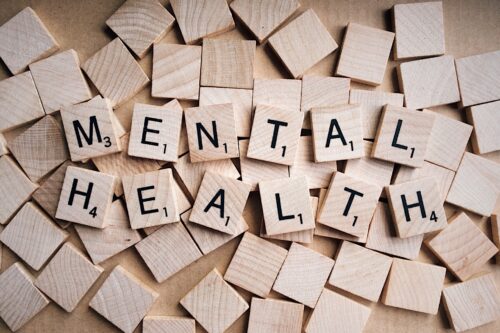
Are you wondering how to get off to a good start in the beginning of your psychology Ph.D. program? Here are seven pieces of advice for your first year!

In this article, I will be writing about harm reduction, an approach to minimize the harmful risks involved in drug use, and the efficacy of different practices used with this approach, such as Needle Exchange Programs (NEP’s), Methadone Maintenance Treatment (MMT), and Safer Injection Sites.


A crisis has emerged in dementia care due to caregiver burden, high costs of care, and a growing aging population. Intelligent Assistive Technologies could be the answer to some of these problems, but they carry a unique set of ethical issues. How can we address these issues and use technology to improve dementia care?

How does being a pre-teen make us more at risk for mental illness? And why do some people come out of puberty with mental health concerns, while others don’t?

Parents and teachers of young children often express fears of a child’s language delay. A missing piece of this conversation is the wide variety of language skills at early stages in development that are all within normative ranges.

One of the biggest barriers to people seeking mental health treatment is not knowing how to connect with a therapist. How can you find a therapist? What questions should you ask prospective therapists?

There are many methods for studying the brain, from literally slicing it to look at it under a microscope to injecting radioactive tracers into it to see where a particular neurotransmitter is located. Diffusion tensor imaging (DTI) is a relatively newer approach to studying the brain, but what is this method, exactly?

Have you ever tried to understand things from another person’s point of view or wished someone would try to see things from your perspective? Perspective-taking research highlights the potential power of engaging in this activity.


How can debilitating mental illnesses like schizophrenia survive when evolution favors survival of the fittest? Evolutionary psychologists explore ways in which psychosis or psychosis-risk may have been advantageous for our ancestors.

Early adulthood is a time period in an individual’s life that is characterized by both external and internal changes. What do we know about this stage of development, and why is it important for psychological researchers to continue to explore it?


Overall, memory declines as we age, but prior knowledge may be able to benefit memory in old age.

Fluency is a useful cognitive tool that we use when choosing study strategies, buying products, and assessing information accuracy. Yet, there are times when fluency can mislead us and result in meaningful consequences.

Despite strong scientific evidence to suggest that teens would benefit greatly from later school start times, California has vetoed a bill that would ensure middle and high schools do not start before 8:30AM. Why?

Growing evidence suggests that it feels good to give. But does giving feel better for some people than others?



